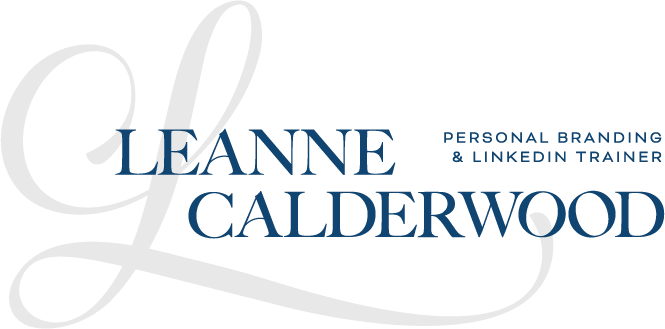It’s the most wonderful time of the year - no, not Christmas, not back-to-school, it’s…

The Importance of Mentorship in the Hospitality Industry
I’m a huge fan of mentorship, this is not a shock. If had time for 20 different mentors, I’d find time to meet with them. I see the great value in mentorship in the hospitality industry and many of my colleagues and friends in business that have mentors have seen the great benefits and learned best practices that have helped their careers.
Mentors help us carve out a path of best practices on the way to your goals. They can advise us, listen to our challenges, provide perspective and make us accountable to our actions. They are often older and wiser, but mentors can also be younger and have skill sets that we need to tap into to reach our own potential.
Here is a list of reasons why you should find mentorship in the hospitality industry:
- Encouragement – mentors are your cheerleaders; they would not waste their time investing in you if they didn’t think you had what it took to become better in your chosen path. They can be a constant source of encouragement and advice for your journey. Make sure your mentor knows what your strengths and weaknesses are, to ensure they are encouraging you in the right areas.
- Honesty – your mentor may have been down the same road as you, I’m hopeful they will share their journey with you – the good, the bad and the ugly. You can learn from all three. Encourage your mentor to be honest; it’s the only way both of you will benefit from the mentorship.
- Can set boundaries – through experience, mentors know when to push and how hard, they may set boundaries to help you avoid potential disaster in your own career advancement.
- Great sounding boards! – mentors are excellent at soundboarding ideas you have. They may play devil’s advocate and challenge you with the hard questions, but they do this with “love” and push you to ask yourself the hard questions as well.
- Connect you with other people – upon learning about your career trajectory and goals, mentors can potentially align you with other trusted people along your journey.
- Resource materials – mentors often also gain their knowledge from other people, or books, podcasts, social media influencers, etc. They can pass their “library” on to you, and save you from pondering vast information sources for the best fit.
I also recommend finding a few different mentors, as not all the above can be done by one person. John Maxwell speaks to this as well in his mentoring materials. You may need a sounding board on a variety of things, and not one person can serve to help you on all your questions and inquiries. Identify the mentoring gaps in your business and do what you can to find someone to help you out today. Often relationships are reciprocal and mentors learn just as much as you as the mentee.
Mentors can be found in a number of places – your workplace superiors, colleagues with more or varied experiences, industry professionals and different companies or in different disciplines. Don’t forget – mentors don’t necessarily need to be older than you – younger mentors have a lot to offer in this age of technology and entrepreneurship.
Getting the most of your interactions ensures your mentor feels like they are making a valuable contribution, and no one’s time is wasted.
Here are some tips when pursuing a mentoring relationship.
- Be proactive in finding your mentor – you’ll never receive if you don’t ask. You may have found you’ve fallen into a mentorship of sorts very organically; let your mentor know that you’d like to formalize it a bit and report back to them on your learnings.
- Identify your strengths, and areas of opportunity – be honest in your assessment; this will help the mentor provide you guidance in the areas you need it the most. Your mentor may want to know your short-term and long-term career goals
- State clear objectives when meeting – stay on the same page as your mentor in terms of what you’d like to learn from the meeting.
- Set goals after each meeting – follow through on the gold nuggets of knowledge you’ve learned, and let your mentor know how you’ve bettered your situation; they’ll appreciate knowing they helped.
- Be thankful – gratitude goes a long way. Consistently and authentically thank you mentor for his/her time; it’s a precious commodity in today’s world!
Remember, if you find the relationship is not beneficial, you can also politely end the relationship and pursue another mentor. It is a professional relationship, and both parties should be invested in the relationship in order for it to work.
With the right mentoring partnership, you will learn best practices, success strategies and cultivate great connections to help you on your career path. Enjoy the process!
RELATED – Find Your Strengths




This Post Has 0 Comments